The World Happiness Report, published annually since 2012, has become an essential factor in government policymaking for countries around the globe. The factors that the report considers include GDP per capita, life expectancy, social support, generosity, freedom, and corruption, with scores based on individuals' assessments of their lives. In 2024, eight out of ten of the highest-ranking countries are European countries, and Finland has been the happiest country for seven years in a row. In summary, following the 2024 report, Finland, Denmark, Iceland, Sweden, Israel, The Netherlands, Norway, Luxembourg, Switzerland, and Australia are currently the happiest countries in the world.
1. Finland
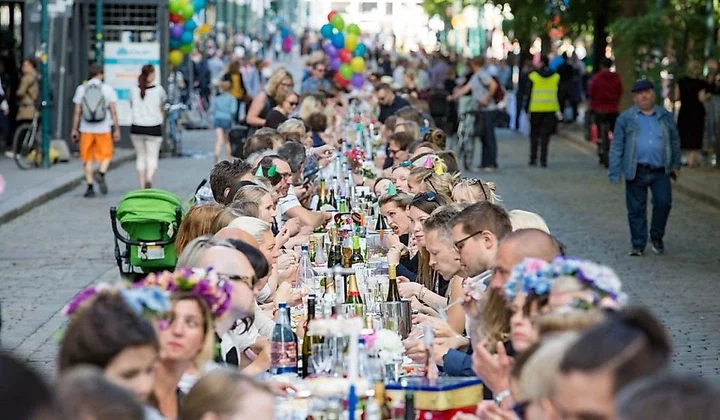
According to the World Happiness Report, Finland ranks, yet again, as the happiest country on earth. Finland consistently ranks number one for several factors: freedom and trust, low levels of perceived corruption, proximity to nature, and a good work-life balance. Finns report trusting their government, public officials, and neighbors, which results in less worry and higher productivity levels. Additionally, essentially all Finns are never further than a 10-minute walk from a forest or park. In fact, the Natural Resources Institute Finland reported that approximately 96% of Finns partake in outdoor activities. Regarding work styles, Finns pride themselves on an anti-stress lifestyle with low hierarchies and prioritizing a healthy work-life balance.
2. Denmark
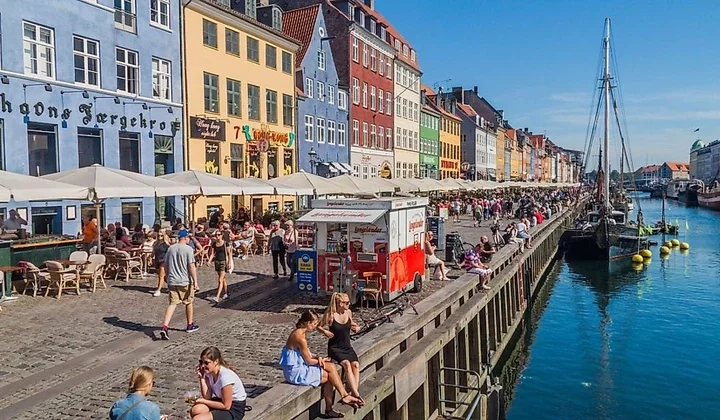
Denmark, consistently ranking within the top three happiest countries, moved up to second in 2024. Denmark prides itself on its high levels of social equality and strong sense of responsibility for its social welfare. Although Denmark pays some of the highest taxes in the world, which can be up to half their income, most Danes report being happy to do so. Healthcare is universal and free, university students do not pay tuition, and childcare is subsidized. They also have a strong work ethic, which is ultimately the driver behind the country's social safety net, which supports the young, old, sick, and unemployed.
3. Iceland

The World Happiness Report ranks Iceland as the third happiest country worldwide. Its strong sense of community is one of the most prominent reasons for its high happiness levels. With a population of a little over 380,000 people, the population is notoriously small. Most of the country's residents live within an hour from the capital, Reykjavik, making it easier for people to remain in contact with family and friends. This strong sense of community also results in immigrants reporting the same levels of happiness as their citizens. Inclusive culture is another key factor, boasting rigid gender equality laws, such as parental leave being granted to both parents. A strong public education and health system, very low crime rates, and a transparent and responsive government are a few other key elements that result in a higher quality of life and happiness.
4. Sweden
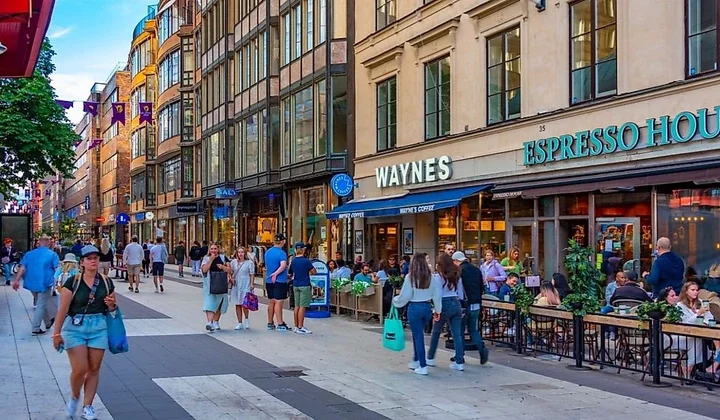
Sweden has various structures and practices in place that make it the fourth happiest in the world. A healthy work-life balance and emphasis on time with family are two important aspects of Swedish society. Its strong parental leave policies are key, with Swedish families receiving 480 days of paid parental leave, (240 days per parent if there are two), when a child is born. A strong economy with a relatively low cost of living also results in a happier population, with the cost of living being about 20% lower than that of the United States. In terms of freedom, Sweden has a strong multi-party system with fair and free elections and is generally very accepting and supportive towards immigrants. Free healthcare and education are two other important systems that the country boasts.
5. Israel

Although Israel dropped from fourth to fifth in terms of happiest countries since 2023, its citizens continue to report some of the highest happiness levels in the world. Similar to Iceland, Israel residents share a strong sense of community. With a total land area comparable to that of New Jersey, most Israelis are always within driving distance of their friends and families, frequently connecting for dinners or vacations. Additionally, both religious and secular Israelis frequently attend festivals, celebrations, bar and bat mitzvahs, and weddings, resulting in strong social support and community connections as well.
6. The Netherlands
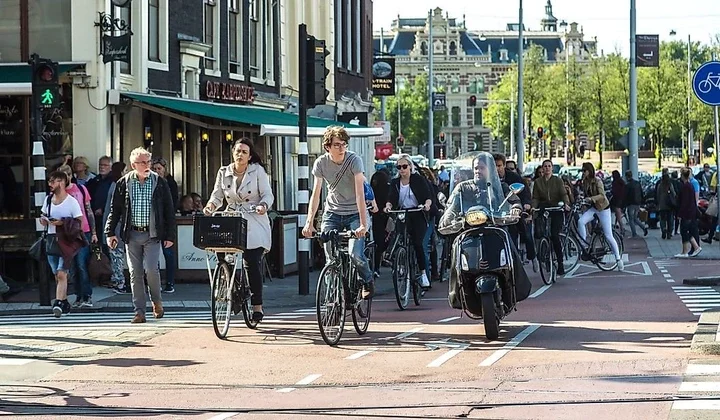
The Netherlands remains in the top 10 happiest countries list in 2024, this year ranking as the world's sixth happiest. They boast a healthy work-life balance, maintaining clear boundaries between work and personal lives, and a legal minimum of four weeks of paid time off per year. This work-life balance results in stronger family and community ties which generally contributes to its citizens' happiness level. Additionally, the Netherlands continuously ranks as one of the highest in terms of quality of life, boasting low commute times, low crime rates, an affordable cost of living, and low environmental pollution.
7. Norway

Norway, ranking seventh in happiest countries, has several important societal factors contributing to its high ranking. It has the most income equality in the world and has a poverty rate of 0%. Norwegian Insitute of Public Health lead Ragnhild Bang Nes states that this equality makes people feel free, safe, and a greater sense of belonging. The country largely contributes this equality and lack of poverty to its strong welfare system, which includes unemployment allowance, sick leave coverage, a strong public healthcare system, and paid leave for parents, among other social programs. Additionally, Norwegians, in general, are very active, with 92% participating regularly in outdoor recreational activities.
8. Luxembourg
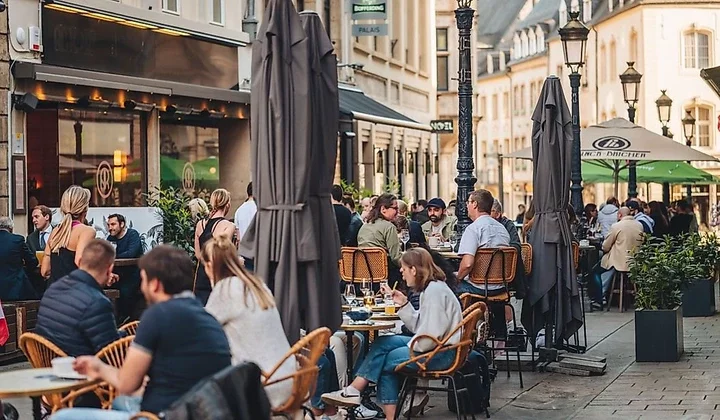
Since 2023, Luxembourg has moved up to eighth in terms of happiness from its previous position in ninth place. The country attributes a lot of its happiness to its high purchasing power, which impacts the well-being and security of its inhabitants. Luxembourg also has a strong, elaborate healthcare system and one of the world's highest life expectancies, with an average life expectancy of 82.93 years. It also ranks eighth in countries with the lowest corruption and ranks high in terms of perceived freedom, both factors that further influence the country's residents and their well-being.
9. Switzerland

Although dropping one place since last year from eighth to ninth, Switzerland continues to be one of the top ten happiest countries in the world. A unique aspect in Switzerland that contributes to its overall happiness rating is its democracy system. It ranks sixth worldwide in terms of democracy quality and has a strong referendums system that allows all citizens to be vocal and make suggestions regarding government proposals. Material well-being, a strong economy, and an extremely high GDP also contribute to higher perceptions of security among citizens, raising happiness levels.
10. Australia

Australia is the 10th happiest country worldwide and the only non-European country on this list besides Israel. Its wealth levels contribute to this result, with Australians, on average, having high salaries. The country's healthcare system is also strong and affordable, with 59% of hospitals being public and free to all citizens and permanent residents, greatly improving Australians' well-being. Additionally, due to this extensive healthcare system, life expectancy is much higher than the average in Australia, with its current life expectancy being 83.30 years old.
Final Thoughts
While these countries are consistently ranked among the happiest, the reasons behind their happiness vary. Strong social support systems, effective government policies, a healthy work-life balance, and a close connection to nature seem to be the perfect recipe for modern human happiness. Additionally, a common thread is prioritizing both individual and collective welfare, ensuring basic needs and aspirations are met. Other countries can draw valuable insights from these top-ranking nations to improve their own happiness levels. Ultimately, pursuing happiness requires a holistic approach that includes economic stability, social equity, and fostering a supportive community.


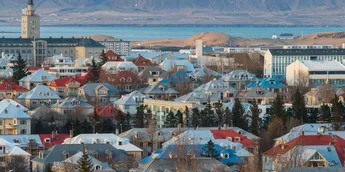
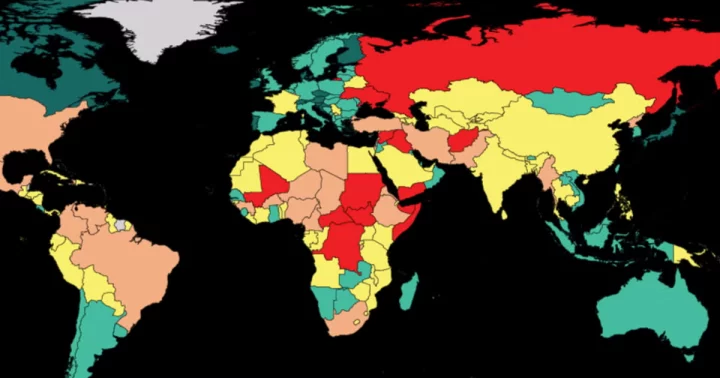


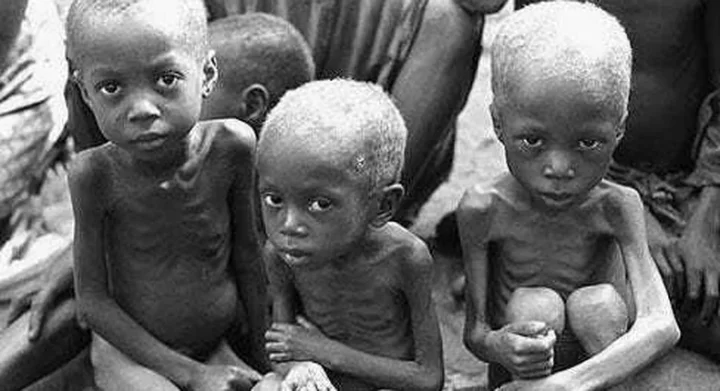










Comments